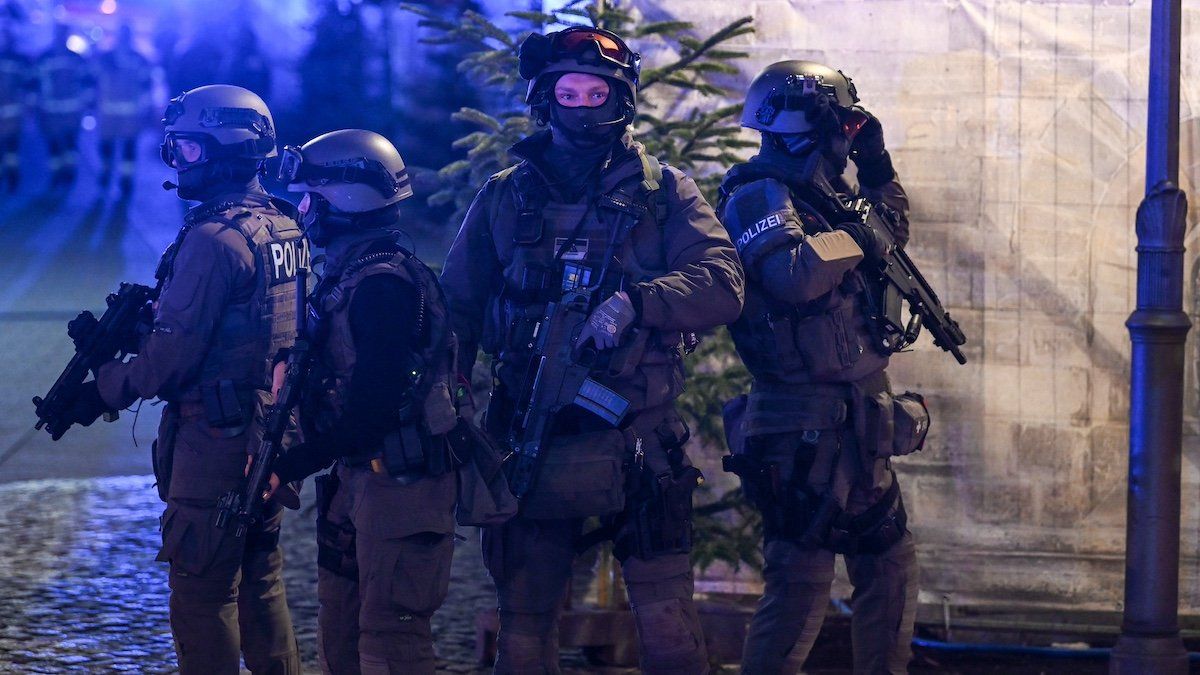The Saudi doctor accused of killing 5 people in the Magdeburg Christmas market on Friday appeared in a German court on Saturday.Taleb al-Abdulmohsen, 50, was charged with five counts of murder, multiple attempted murder and multiple counts of dangerous bodily harm in an attack which also wounded over 200 people. One of those killed was9-year old André Gleißner, described by his mother in a social media post as “my little teddy bear”. A GoFundMe for the family has raised tens of thousands of dollars.
Anger is growing over missed opportunities to prevent the attack. Riyadhhad flagged the suspect to German authorities last summer,citing a post where he threatened that Germany would “pay a price” for its treatment of Saudi refugees. At the same time, al-Abdulmohsen called himself a“Saudi atheist” and evinced sympathies for the far-right Alternative for Germany (AfD).
On Friday, the AfD held a 2000-person rally at a memorial site near the market, calling for “Remigration”, and chanting “Migration Kills.” The incident has putmigration and national security front and center in Germany’s upcoming national election, anticipated for February 23. The AfD is currently polling at around 19%, second only to the conservative Christian Democratic Union (CDU) at around 33%, but all other parties have ruled out forming a coalition with them.
